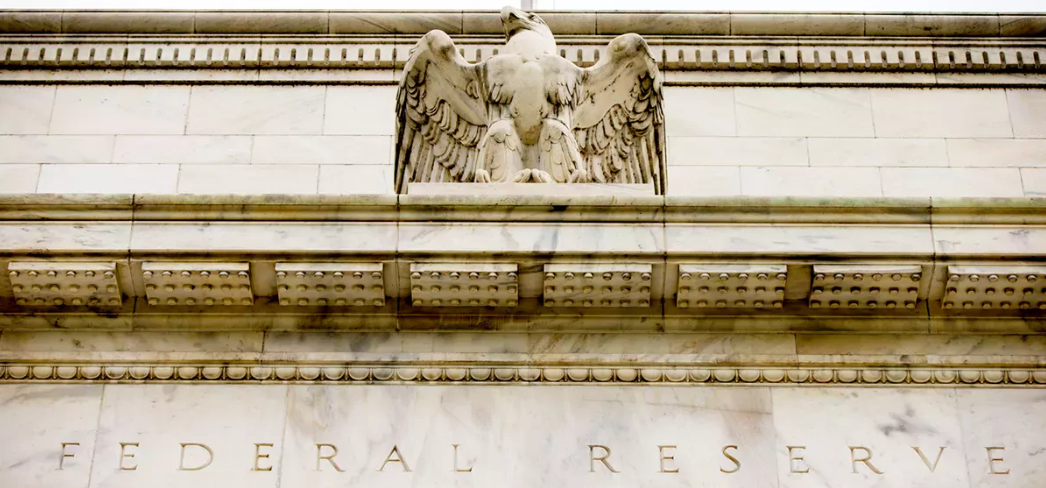
François Christen
Chief Economist
The rebound in long-term yields is hampering the exuberant rally in equities, but it bodes well for the future.
Original article published in French on agefi.com

Equities were buoyant until the end of July, but their performance has been hesitant for the past couple of weeks. The complacent mood that prevailed at the start of the summer has been replaced by doubts, despite the good results released to date by a majority of companies and the prospect of the imminent end to the cycle of monetary tightening led by the Federal Reserve. Among the factors that explain the loss of momentum in equities, the correction in long-term bonds has probably played a significant role. The recovery in the yield on the 10-year T-Note to around 4.2% is putting pressure on valuations, and more particularly on the ‘growth’ segment captured by the Nasdaq index.
Last week’s inflation figures were nonetheless satisfactory, despite the acceleration in year-on-year inflation from 3.0% in June to 3.2% in July. More relevant for the FOMC participants, the consumer price index excluding energy and food posted a quiet rise of 0.2% for the second month in a row. Core inflation thus continued to fall, to 4.7% year-on-year.
However, the rise in producer prices (0.3% monthly for both the general index and the index excluding energy and food, and 0.8% and 2.4% year-on-year respectively) turned out to be slightly stronger than expected. While not alarming, these figures provide ammunition for the ‘hawks’ and prompt us to reconsider the hopes of lower interest rates that underlie the inversion of the dollar yield curve. The battle to re-establish price stability has not yet been won, even if recent developments allow the FOMC to take a further breather until the delayed effects of the tightening that began in 2022 are better understood.
Although painful for holders of long-term debt, the “disinversion” of the dollar yield curve is a welcome development. Indeed, the rebound in long-term yields reflects a shift away from recession risks towards a soft-landing scenario. However, the structure of interest rates is still a long way from returning to a normal physiognomy that prefigures a balanced, accident-free expansion. The risks of recession remain high, due in particular to the persistent weakness of the global economy, underlined by the decline in Chinese exports. Weakened by the fall in demand for manufactured goods, China is subject to deflationary pressures, highlighted by a fall in consumer and producer prices.
In Europe, the structure of euro-denominated interest rates is under insignificant pressure, with the yield on the 10-year German Bund rising above 2.6%. The yield on Italian BTP, on the other hand, fell slightly as risk premiums eased.
British government bonds are under fairly severe pressure, which has pushed the yield on the 10-year Gilt above 4.5%. GDP growth proved more robust than expected, coming in at 0.2% in the second quarter, which should encourage the Bank of England to tighten monetary conditions to contain persistent inflationary pressures.










